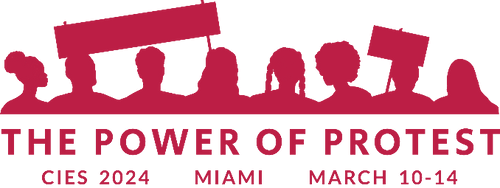Leveraging education for power and protest: Evidence and practice from a systematic review and programs in India and Zambia
While education remains one of society’s foremost tools for transferring knowledge, building skills, and leveling the playing field in employment, political participation and leadership, too often it does none of these things. Instead, it can replicate privilege and inequality and leave behind the poor and marginalized. Education can include, and it can exclude. We need a better understanding of the ways through which education directly, or via supplemental empowerment-based life skills programs, can foster the skills and perspectives needed for advocacy for a more just and equal world.
Panelists will present findings and/or practices on:
- A systematic review that explores which education indicators—including literacy, numeracy, and attainment—are causally associated with precursors or enablers of protest such as agency, participation in community groups, and more equitable gender attitudes.
- The relationship between free primary schooling and long-term social outcomes based on evidence from India.
- Findings from a randomized controlled trial in Zambia that investigated whether there is a causal relationship between learning—literacy, numeracy, non-verbal reasoning and reading behavior—with girls’ confidence to speak out.
- Key features and practice-based learning from the civic participation module of a gender-transformative curriculum implemented by a large local nongovernmental organization in India.
